Black Beans Taste Like: Earthy Goodness in Every Bite!
Black beans have captured the culinary imagination of food lovers worldwide, sparking curiosity about their distinctive flavor profile.
Small, dark legumes pack a surprising punch in various cuisines, from Latin American to Southern cooking.
Many people wonder about the sensory experience of consuming these nutritious powerhouses.
Their unique characteristics extend beyond mere texture and appearance, hinting at a complex taste journey.
Some describe black beans as earthy and robust, while others find them incredibly versatile in different dishes.
Nutrition enthusiasts appreciate their rich protein content and potential health benefits.
Adventurous eaters and home cooks often seek to understand the nuanced flavor dimensions of these remarkable beans.
Your next meal might just be transformed by understanding the delightful taste potential of black beans.
How Would You Define Black Beans?
Small black kidney beans come from Americas but now show up in meals around world.
Louisiana Cajun and Creole chefs love these special beans.
Shaped like small boats with rounded edges, black beans measure roughly half an inch long.
Dark outer skin covers a pure white center when beans are whole.
Cooking brings out smooth, rich taste with gentle sweetness.
Shoppers can save cash by purchasing these beans in large quantities.
What Flavor Do Black Beans Have?
Black beans offer smooth, creamy goodness with a gentle taste that blends perfectly into many recipes.
Their mild flavor profile allows them to soak up surrounding seasonings and ingredients.
Cooks appreciate how these beans adapt easily without dominating other flavors.
Mild and sweet, black beans bring an earthy and slightly meaty quality to meals.
Vegetarian chefs often use black beans as a protein substitute because of their rich texture.
These beans carry a soft character that complements multiple cooking styles.
Their subtle nature makes them welcome in countless dishes across different cuisines.
Canned vs. Dried Black Beans: Taste and Texture
Black beans are a staple in many kitchens, but canned and dried black beans can offer different experiences in terms of taste, texture, and how you use them:
Which Nutrients Are Found In Black Beans?
Black beans pack a powerful punch of nutrients that benefit health.
These small dark legumes offer loads of fiber and plant-based protein.
Nutrients like folate, thiamin, magnesium, and phosphorus make black beans an excellent food choice.
Cooking black beans is safe and simple for most diets.
Vegetarian meals become more satisfying when black beans join the plate.
Mixing vegetables with these beans creates a balanced and hearty dish.
Budget-friendly and nutritious, black beans shine in many recipes.
Cooks can combine them with vegetables or meat and serve alongside rice for a complete meal.
Canned black beans provide a quick solution when time is short.
Convenience meets nutrition with these versatile legumes.
Health benefits make black beans an smart addition to any diet.
Their low cost and high nutritional value mean anyone can enjoy a tasty and wholesome meal without spending much money.
What Are The Healthy Features Of Black Beans?
Black beans pack in a range of healthy features worth exploring.
Find out what makes them a smart addition to a balanced diet.
1) Keeps Bones Strong
Black beans pack a powerful punch of minerals that support bone health.
These small yet mighty legumes offer iron, phosphorus, calcium, magnesium, manganese, copper, and zinc.
Minerals work together to create strong skeletal foundations.
Calcium and phosphorus play key roles in building bone structure.
Iron and zinc contribute to maintaining bone and joint strength with remarkable effectiveness.
Bones serve as mineral storage centers, holding significant amounts of essential nutrients.
Bones keep roughly 99 percent of body calcium, 60 percent of magnesium, and 80 percent of phosphorus.
Consuming black beans helps ensure you receive these critical minerals for long-term skeletal wellness.
2) Can Lower Blood Pressure
Keeping sodium levels down matters for healthy blood pressure.
Black beans offer a great way to support heart health with their naturally low sodium profile.
These beans pack minerals like potassium, calcium, and magnesium that help control blood pressure.
When shopping, choose low sodium canned beans and wash them well to remove extra salt before cooking.
3) Helps Manage Diabetes
Research shows type 1 diabetes patients following a high-fiber diet experience reduced blood glucose levels.
Similar benefits occur for type 2 diabetes patients, with potential improvements in blood sugar, lipid, and insulin measurements.
Black beans prepared through cooking offer 15 grams of fiber per single cup serving (172 g).
Dietary guidelines from the US Food and Drug Administration suggest 25 grams of daily fiber intake for individuals consuming a standard 2,000-calorie diet, though exact recommendations might shift based on total caloric consumption.
4) May Lower Heart Disease Risk
Black beans pack powerful nutrients that support heart wellness.
Fiber within these beans helps lower blood cholesterol and reduces heart disease risks.
Vitamin B6 and folate work together to stop harmful homocysteine buildup in our bodies.
High levels of homocysteine can damage blood vessels and trigger serious heart complications.
Strong antioxidants like quercetin and saponins inside black beans protect heart systems.
Quercetin acts as a natural inflammation fighter that shields against dangerous cholesterol damage and reduces atherosclerosis chances.
Saponins help decrease blood lipid and cholesterol levels, providing additional protection for heart and blood vessel health.
Regular black bean consumption supports overall cardiovascular strength through multiple essential nutrients working in harmony.
5) Helps Protect Against Cancer
Minerals hiding in black beans work hard to protect your health.
Selenium stops harmful substances from damaging cells and supports liver processes.
Scientists have watched this mineral block tumor growth and lower body-wide inflammation.
Special plant compounds called saponins interrupt cancer cell multiplication and block their spread through body systems.
Eating beans packed with fiber connects to reduced chances of colorectal cancer risks.
Rich amounts of folate - a critical B vitamin - help repair genetic material and stop dangerous DNA changes that might trigger cancer development.
What Are The Possible Risks Of Black Beans?
Legumes have special sugars called oligosaccharides or galactans, which are complicated sugars that human bodies cannot break down because we lack a specific enzyme called alpha-galactosidase.
Consuming legumes like black beans can lead to stomach gas and uncomfortable feelings for some individuals.
Stomach problems might decrease if you slowly add legumes to your meals.
Soaking beans for longer periods, choosing sprouted beans, or draining soaking water could help solve digestive challenges.
These methods remove two specific sugars named raffinose and stachyose that cause problems.
Maintaining good health depends more on balanced eating habits instead of focusing on one specific food item.
Eating a wide range of foods matters more than concentrating on a single ingredient as a health solution.
How Are Black Beans Used?
Preparing black beans ahead of time is smart.
Beans work well in soups or casseroles and add great flavor to meals.
Parents can easily reheat beans in a microwave or on a stove.
Mixing beans into different recipes offers many options. Black beans create delicious meals in multiple ways:
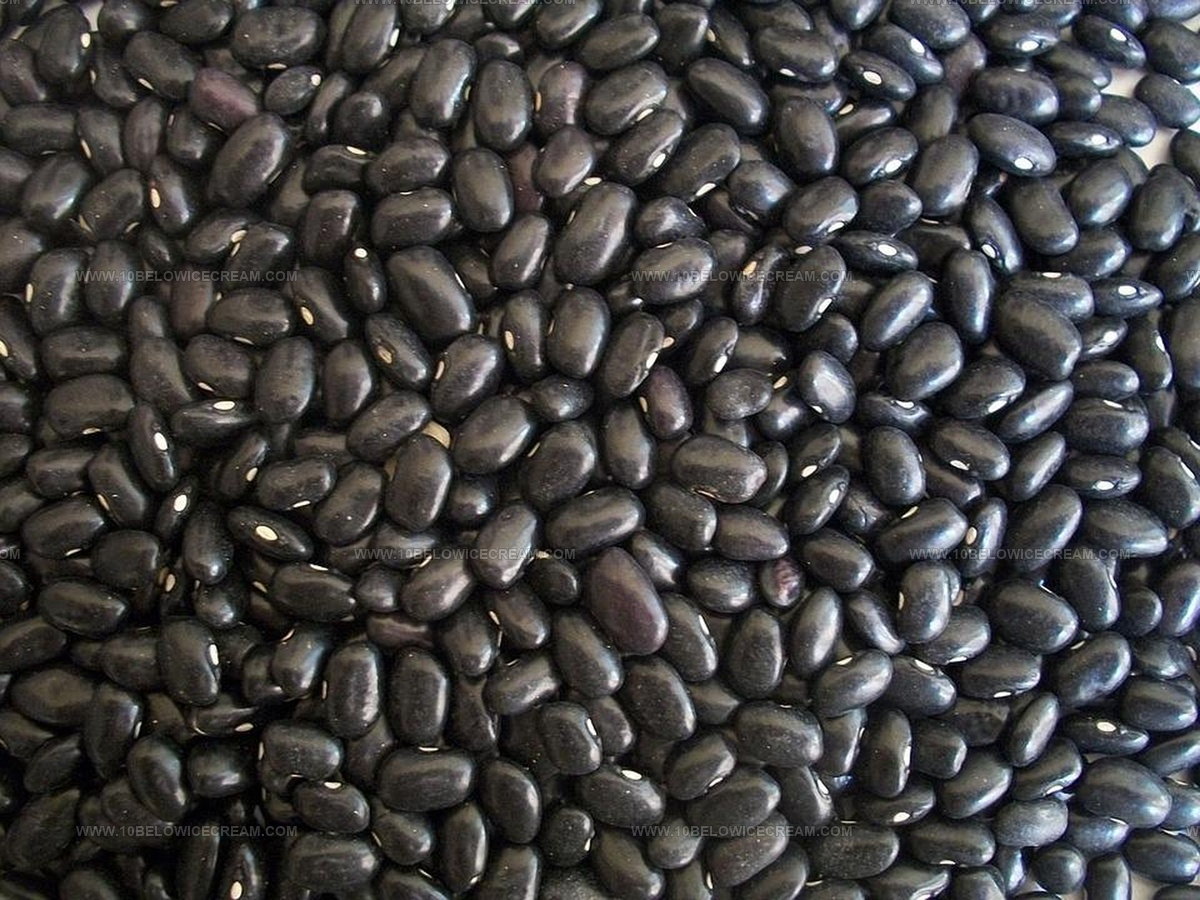
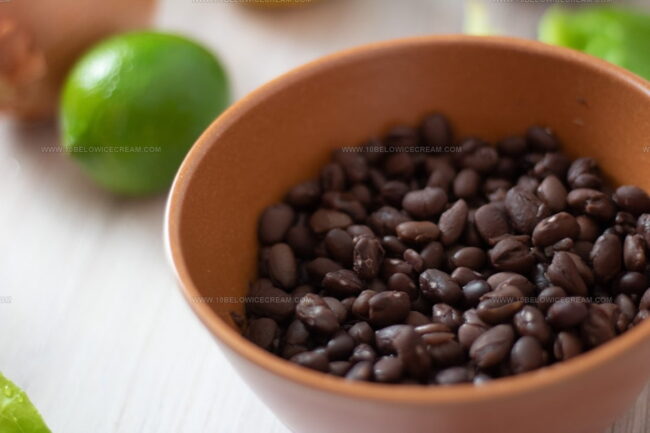
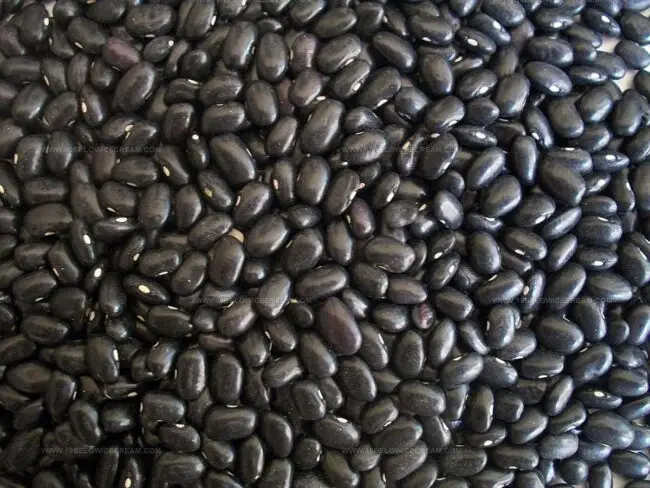
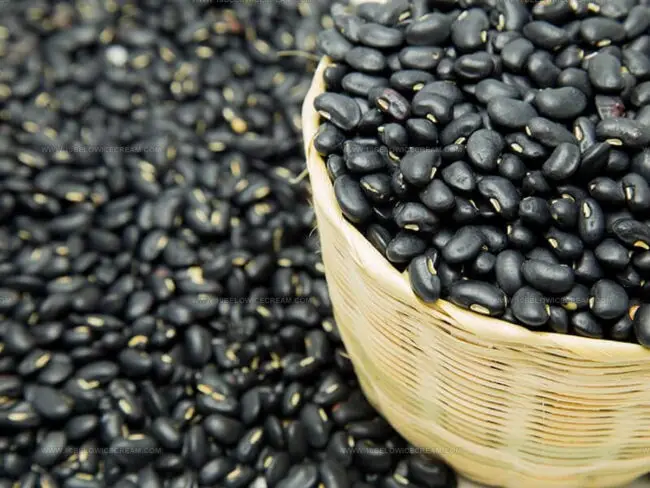
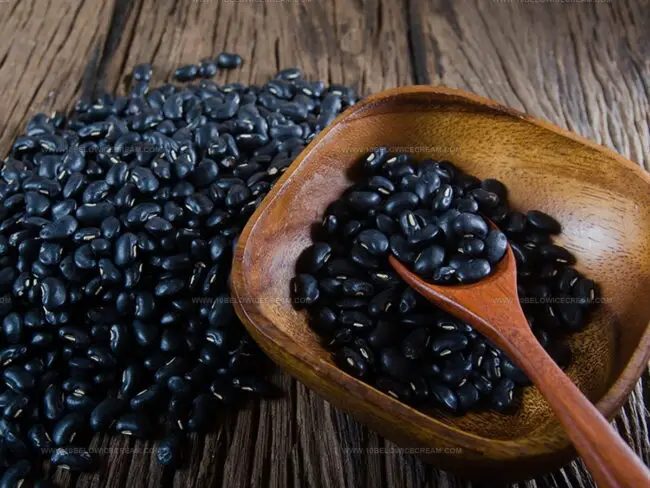
Olivia Brooks
Contributing Writer
Expertise
Education
Culinary Institute of America
Accelerated Culinary Arts Certificate Program
Focus: Culinary fundamentals, nutrition, and healthy cooking technique
Olivia believes good food should feed both the body and the soul. She earned her Accelerated Culinary Arts Certificate from the Culinary Institute of America, where she focused on nutrition and practical cooking techniques that make healthy eating easy.
At 10 Below Ice Cream, Olivia shares single-serving recipes that are fresh, plant-forward, and full of heart. She loves helping people eat better, without stress, strict rules, or sacrificing flavor.
Beyond the kitchen, Olivia spends her time tending her backyard garden, practicing yoga, and discovering hidden gems in Portland’s food scene.